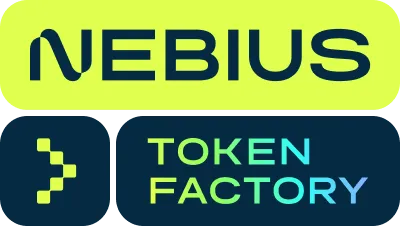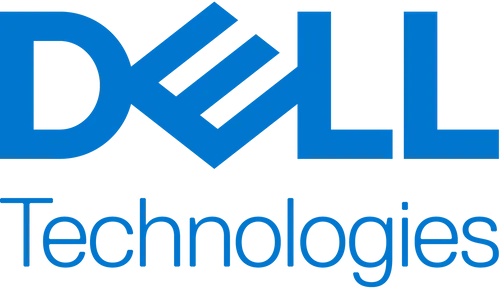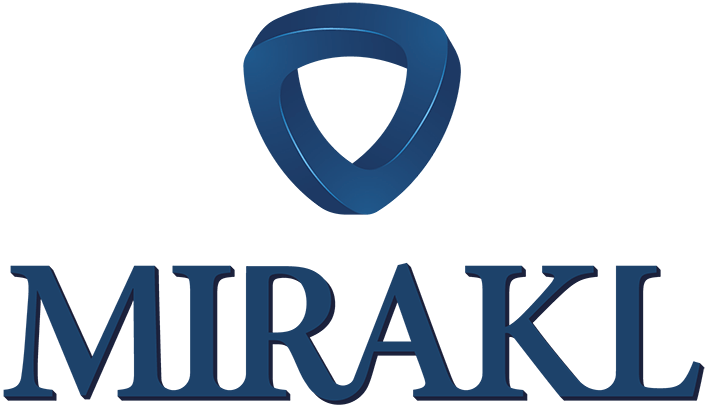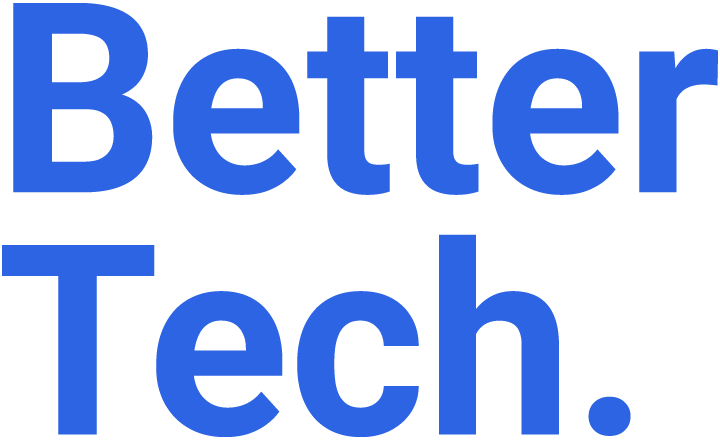The AI Summit New York 2025 Highlights
The AI Summit New York returns to the Javits Center for its 11th edition in 2026, bringing together the visionaries who refuse to wait for tomorrow's opportunities..
Last year welcomed more than 5,000 attendees from 75 countries, who enjoyed two full days of AI insights, discoveries and networking with the movers and shakers of the business world.
Connect directly with 100+ solution providers showcasing proven applications across industries. You'll experience curated experiences designed for your specific sector, exploring everything from predictive analytics to generative AI.
This is where AI theory becomes business reality. Your competitive edge starts here.

Who Attended The AI Summit New York 2025?
The AI Summit New York 2025 marked a pivotal moment in the global AI revolution, which saw an unprecedented gathering of tech visionaries and industry leaders who are actively shaping the future of artificial intelligence.
This landmark event brought together the decision-makers, innovators, and investors driving AI's transformation from theoretical possibility to business imperative.
Visionary CEOs, CTOs, and policymakers shared insights alongside technical pioneers revolutionizing healthcare and finance. Investment powerhouses—including venture capitalists and angel investors—connected with the entrepreneurs and innovators fueling AI's next wave of breakthroughs.
Quick Facts

11 Years Old
The AI Summit New York was founded in 2016, running our eleventh event in 2026.

5 Global Editions
The AI Summit Series is in Singapore, London, at Black Hat USA, and New York.

10 Stages of Content
Bringing together 350+ speakers.

5,000+ Attendees
Expected to join us this year.
The AI Summit New York: Reviews of the Conference
Enjoy Some Moments from The AI Summit London 2025
Innovate with the Best in 2026
The future of AI is being written at The AI Summit London 2026! Join us at Tobacco Dock on June 10-11 for an unmissable event.
Now in our 10th year and leveraging the rich history of The AI Summit Series, this is your chance to connect with the leading minds in AI, share game-changing ideas and define what's next for 2026 and beyond.
This is your gateway to the most influential tech authorities and the business leaders shaping the AI landscape. Here's what awaits you:
- 8 stages of inspiring content
- The AI Trail – a journey through innovation
- Start-up & Investor Village – where the future is built
- Masterclass & Workshop Programme – unlock your AI potential
- The Networking Café – connect with your peers
- Plus, many more surprises in store!













































































































